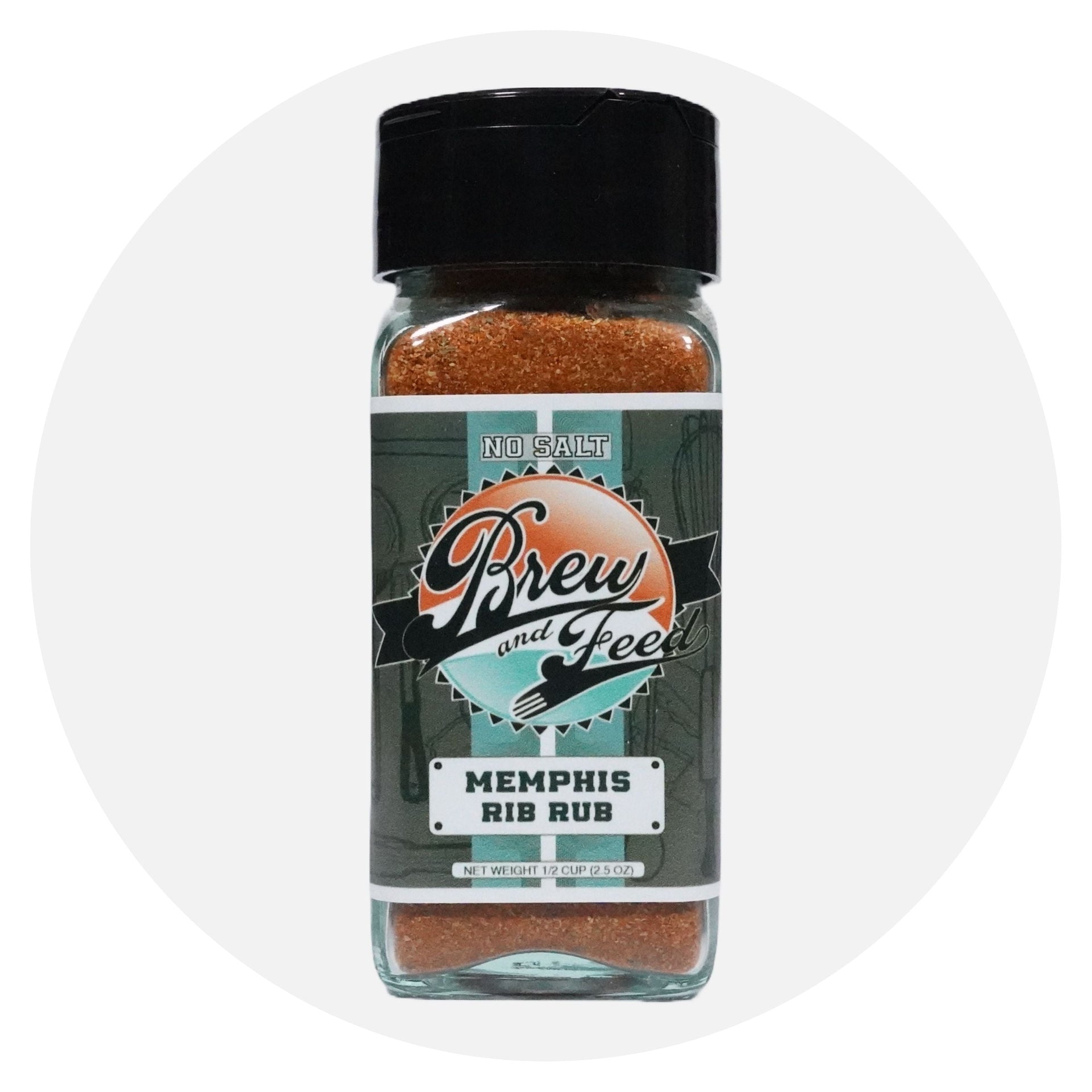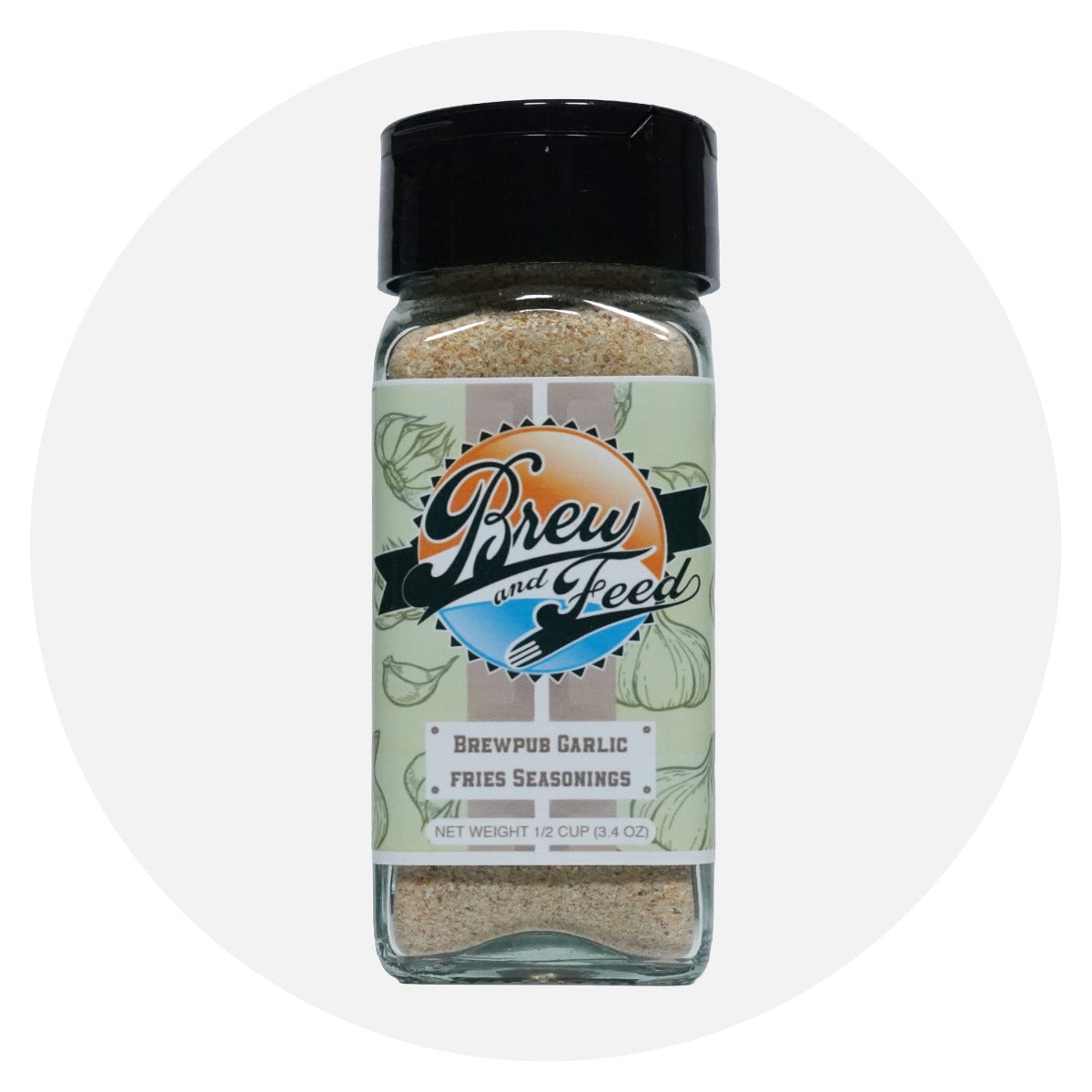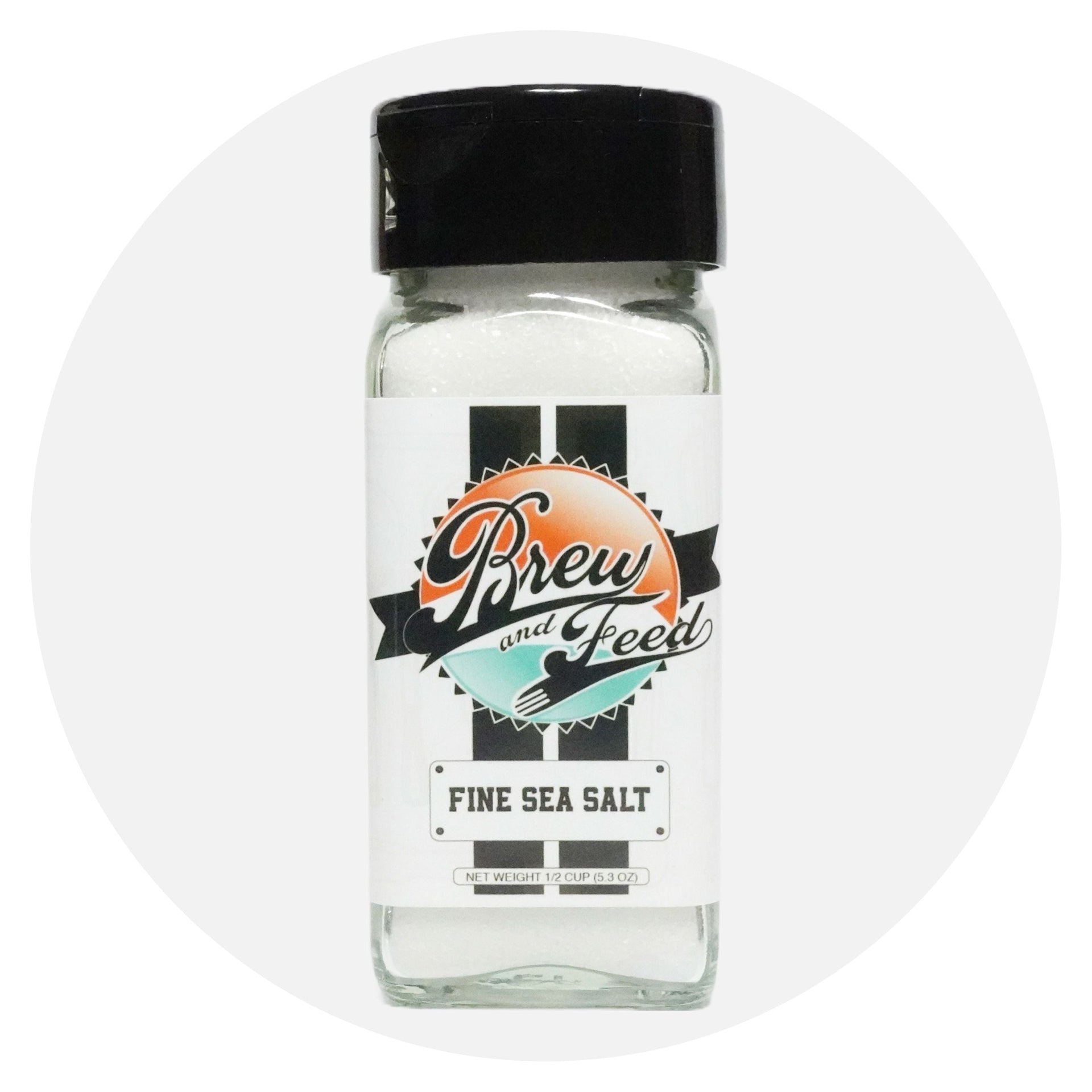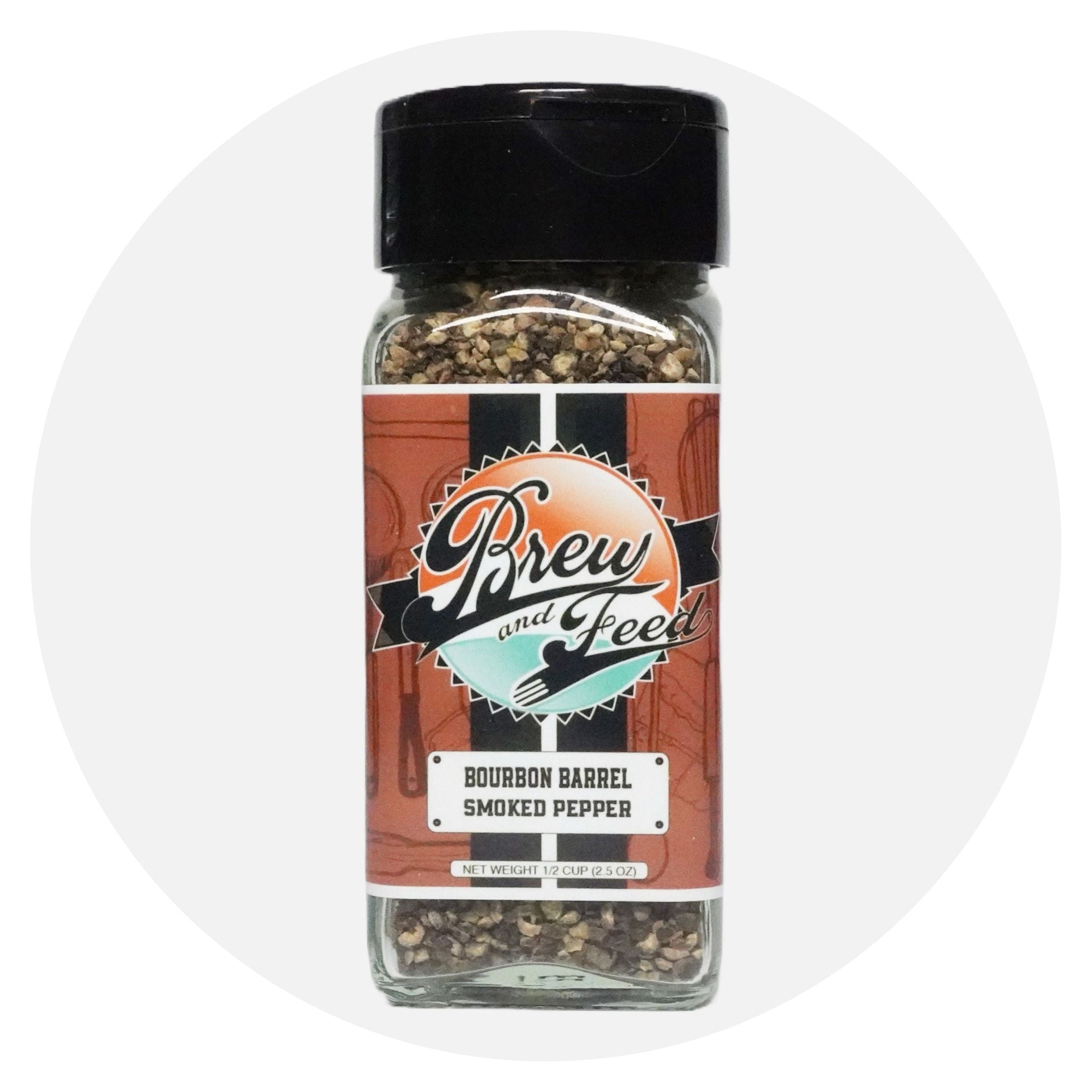
Embracing Clarity: Navigating the Benefits and Challenges of Dry January
As the new year dawns and resolutions take center stage, one trend gaining widespread popularity is the practice of "Dry January." This movement encourages individuals to take a month-long break from consuming alcoholic beverages, offering a reset for both body and mind. In this blog post, we'll delve into the origins of Dry January, its potential benefits, and the challenges one might face during this alcohol-free challenge.
The Origins of Dry January:
The concept of a dry month is not a recent phenomenon. In fact, Dry January has its roots in the United Kingdom, where the charity organization Alcohol Change UK launched the campaign in 2013. Since then, it has grown into an international movement, encouraging people worldwide to reevaluate their relationship with alcohol and kickstart the new year with a healthier perspective.
Benefits of Dry January:
1. Physical Well-being:
Alcohol, while enjoyed responsibly by many, can take a toll on the body. Taking a break from drinking allows the liver to recover, improves sleep patterns, and contributes to overall better physical health.
2. Mental Clarity:
Alcohol affects cognitive function, and a month without it can lead to improved mental clarity and focus. Many participants report enhanced concentration and a better ability to handle stress.
3. Financial Savings:
Cutting out alcoholic beverages for a month can lead to significant financial savings. Participants often find that they have extra money in their pockets at the end of January, a tangible benefit that adds to the overall satisfaction of the challenge.
4. Establishing Healthy Habits:
Dry January serves as a catalyst for positive lifestyle changes. Participants often use this month to establish or reinforce healthier habits, such as regular exercise, mindful eating, and improved sleep routines.
Challenges and Strategies:
1. Social Pressures:
Social situations often involve alcohol, and navigating these scenarios can be challenging. Communicating your commitment to friends and family in advance can help manage expectations and garner support.
2. Routine Disruptions:
For those accustomed to a nightly glass of wine or a beer after work, breaking this routine may be difficult. Finding alternative activities or beverages can help fill the void and ease the transition.
3. FOMO (Fear of Missing Out):
The fear of missing out on social events or feeling left out can be a significant challenge. It's essential to focus on the positive aspects of the journey and the long-term benefits rather than short-term social activities.
Tea as an Alternative:
Choosing tea over alcohol offers a myriad of benefits for both mind and body. Unlike alcohol, tea is a non-intoxicating beverage that provides a soothing and calming effect without the side effects of impairment. Tea is rich in antioxidants, which contribute to overall health and can potentially lower the risk of chronic diseases. It hydrates the body without the dehydrating effects often associated with alcohol consumption. Moreover, tea comes in a diverse array of flavors, catering to individual preferences, while alcohol's choices are more limited. Embracing tea fosters a culture of mindful and relaxed socializing without the influence of intoxication, promoting mental clarity and well-being. In choosing tea, one opts for a beverage that not only tantalizes the taste buds but also nurtures a lifestyle rooted in balance and holistic health.
Shop Our Vast and Flavorful Team Collection:
Try Dry January with our curated collection of flavored and herbal teas. Our collection is a celebration of nature's bounty, blending carefully selected herbs and teas that soothe the soul.
Mango Passion Fruit Ceylon Tea
Conclusion:
Dry January is not just a break from alcohol; it's an opportunity for self-reflection, self-improvement, and a chance to reset habits. While the challenges are real, so are the rewards. Whether you're a seasoned participant or considering Dry January for the first time, embracing this alcohol-free month can lead to a healthier, more mindful start to the year. So, here's to clarity, well-being, and the journey of self-discovery that comes with saying 'cheers' to a dry January.




